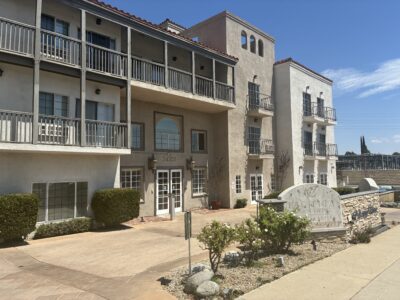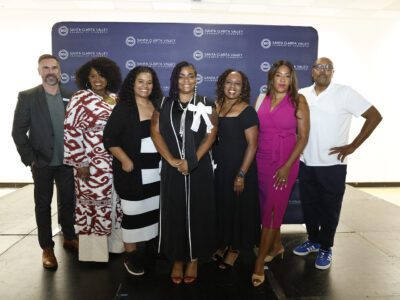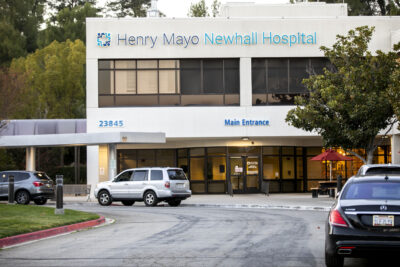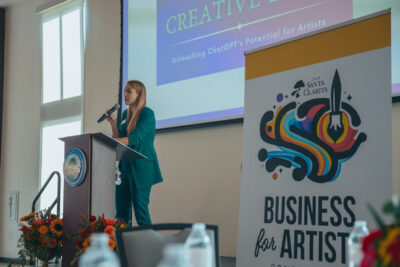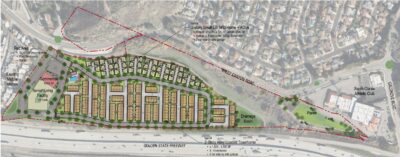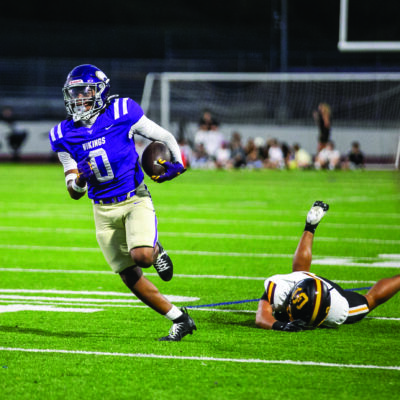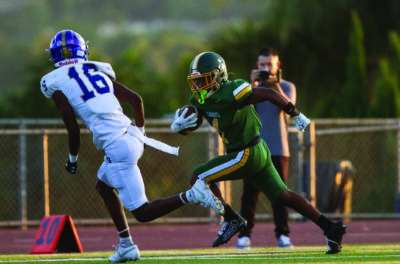Just over two years ago, I was out on a ride with a much younger cyclist along a winding lane where Santa Barbara fades into Carpinteria, the scent of eucalyptus in the air and the Pacific shimmering just beyond the bend. The road curved sharply through rolling hills, a place that invites both wonder and, if you’re not careful, overconfidence.
Instead of riding steadily, I let my ego take the handlebars. I pushed harder, cornered too aggressively, and tried to show this young dude — 40 years my junior — that I still had what it takes. Midway through a descent, my front wheel struck a series of potholes, jolting me off balance. I careened sideways into the crash barrier, and in an instant, the ride was over. The outcome was predictable: a wrecked bike, a broken clavicle, and several weeks of forced humility.
That accident has stayed with me — not just because of the sometimes ache in my shoulder, but because of what it revealed about human nature. Just as cyclists can be undone by pride, organizations often stumble under egotistical leaders who forget that leadership isn’t about dazzling displays but about guiding with steadiness and integrity.
In cycling, showing off means pushing beyond what conditions demand. In business, the same ego-driven overreach shows up in leaders who ignore warnings, silence dissent, or chase glory at the expense of balance. They may sprint ahead for a while, but eventually the structure buckles. History offers plenty of examples: CEOs who cooked the books, founders who drowned their companies in vanity projects, executives who pursued recognition over responsibility. For a time, ego hides the cracks. Yet something eventually breaks.
During recovery, I was struck by the body’s creative and self-healing genius. Most bones don’t require elaborate intervention — just alignment, rest and time. A sling holds the fracture steady; nature does the rest.
Organizations, too, often recover not through dramatic reinvention but by resetting.
The business world is filled with such recoveries. Uber nearly derailed under Travis Kalanick’s aggressive leadership, but stabilized once new management shifted focus to accountability and culture.
Boeing saw its reputation collapse when speed and profit were prioritized over safety, yet is working to restore trust by returning to its engineering-first roots.
Apple nearly collapsed in the 1990s under unfocused management, only to be revived when Steve Jobs returned with a clearer, humbler vision.
Starbucks faltered when it chased unchecked growth, but Howard Schultz’s return brought it back to its core principles of community and experience.
Ford avoided bankruptcy in 2008 after years of insular leadership by embracing humility, securing capital early, and refocusing on quality.
Even Microsoft, stagnant under Steve Ballmer’s bravado-driven tenure, reinvented itself under Satya Nadella by embracing collaboration and cloud-based services.
When I finally returned to the bike, I didn’t leap back into sprints. I started slowly along that same coastal stretch, learning to respect the curves and the quiet. Strength came back gradually, built on patience rather than bravado.
Organizations must do the same. Recovery from egotistical leadership doesn’t come from chasing the next big thing but from returning to the skeletal framework — values like trust, service and responsibility. These principles, when lived, hold the enterprise together. And just as bones often heal stronger at the fracture, organizations that endure a humbling reset can emerge more resilient.
Of course, the best cure is prevention. If I had simply matched the younger rider’s pace and enjoyed the ocean air instead of racing the turns, I would have avoided weeks in a sling. Likewise, organizations that cultivate humility at every level rarely face collapse from unchecked egos. Humility isn’t weakness — it’s awareness of limits, respect for others, and the wisdom to grow steadily.
Breaking my clavicle on that twisting lane near where the reckless sea meets the endless sky in my part of California was painful, humbling and instructive. It showed me how quickly ego can cause a fall — and how recovery, whether in bodies or organizations, depends on patience, realignment and a return to what truly holds everything together.
Paul Butler is a Santa Clarita resident and a client partner with Newleaf Training and Development of Valencia (newleaftd.com). For questions or comments, email Butler at [email protected].


